What Is a DCP Rock Bolt? DCP Rock Bolt Types | Features |Applications
Time:2023-12-22From:sinorock View:
Introduction to DCP Rock Bolts
Rock bolts have stood the test of time as a reliable method for reinforcing foundations in both underground and surface rock structures. The efficacy and ease of installation make them a preferred choice over passive methods, particularly in the face of broken rock. While traditional steel rock bolts dominate the market, the corrosion susceptibility of steel in certain environments has led to the development of innovative solutions, such as Double Corrosion Protection (DCP) rock bolts.
At present, there are many kinds of DCP rock bolts on the market. The commonly used double corrosion protection rock bolts (DCP) use high-density polyethylene pipes and a layer of cement around the anchor as two anti-corrosion layers to ensure higher anti-corrosion safety. Sinorock's double anti-corrosion bolt is a combination of two anti-corrosion processes of hot-dip galvanizing and epoxy coating. First, the steel parts are hot-dip galvanized, and then the outer surface is sprayed with epoxy coating. The bolt treated by two anti-corrosion processes has better anti-corrosion performance and longer protection life. It can not only resist ordinary chemical corrosion, but also work under acidic environment and electrochemical corrosion of stray current.
Corrosion Protection Mechanism
The traditional double anti-corrosion rock bolt mainly relies on the high-density polyethylene pipe to physically isolate the groundwater, humidity environment, stray current and other surrounding media from the bolt body. At the same time, the cement after grouting can also be used as an anti-corrosion barrier. While about SINOROCK’S DCP rock bolts, in addition to the hot-dip galvanized layer, then epoxy powder is sprayed on the rock bolts surface again. This process uses electrostatic spraying method to spray epoxy resin powder on the surface of the anchor rod body and accessories to form an anti-corrosion coating. The coating has the effect of resisting the penetration of oxygen ions, chloride ions and water molecules, and the strong binding force between the coating and the anchor rod, so that the coated anchor rod in concrete has a good anti-corrosion effect.
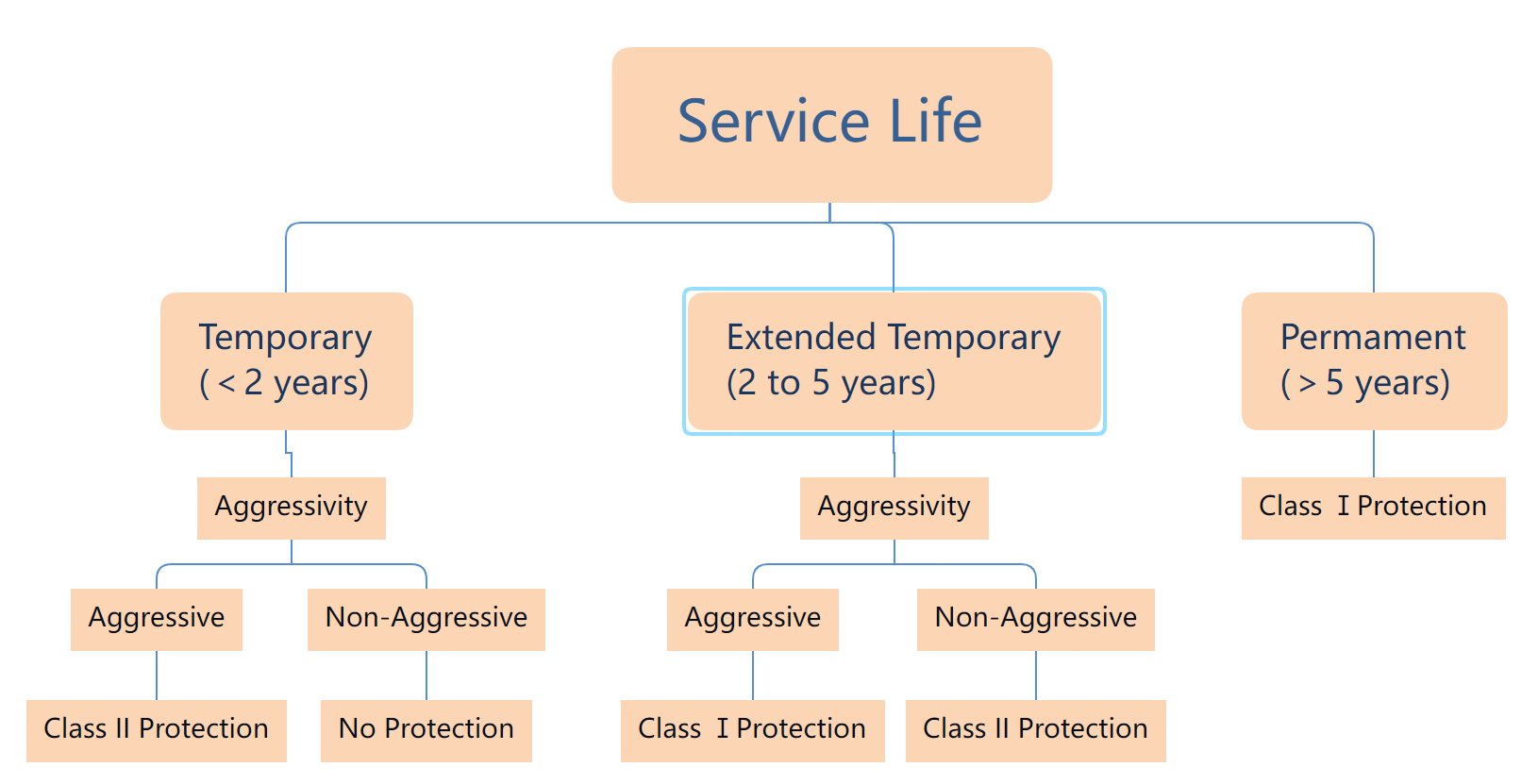
Explanation of Different Types of DCP Rock Bolts
DCP Thread Bar
The DCP Thread Bar, a composition of refined rolled thread bar, coupler, hex nut, and flat plate, boasts high strength, flexible construction, and versatile applications. Its uses extend to soil nails, rock bolts, micropiles, and more, making it a go-to solution for slope support, dam reinforcement, mountain landslide control, and foundation uplift control.
In geotechnical anchorage engineering, DCP Thread Bar offers three anti-corrosion systems tailored to different soil environments and engineering service life. Relying on refined rolled thread bar, centralizers, corrugated pipes, end caps, and smooth plastic pipes, these systems enhance corrosion resistance, ensuring durability and reliability.

DCP Expansion Shell Rock Bolt
The MTS-BOLT, a representative of combination mechanical bolts, amalgamates immediate point anchorage with full grouting capabilities. Its composition includes a steel rock bolt, hex nut, dome-shaped grouting adapter, domed plate, polyethylene sleeve, and expansion shell. Noteworthy features include fast installation, simple grouting, rapid support, and robust corrosion resistance.
Key characteristics of MTS-BOLT:
1. Immediate point anchorage and fully grouted capabilities.
2. Corrosion protection through a polyethylene sleeve.
3. Fast installation with flexible post-grouting.
4. Mechanical or manual installation options.
5. Choice between bare steel, hot-dip galvanizing, or duplex coating for superior corrosion resistance.

DCP Self Drilling Anchor Bolt
The Self Drilling Anchor Bolt serves as a bolting solution for compromised soil formations, combining drilling and grouting functions. Employing a duplex coating method, this rock bolt ensures an enhanced anti-corrosion effect by integrating hot-dip galvanizing with epoxy coating. The result is an extended service life, excellent anti-corrosion properties, and lower maintenance costs.
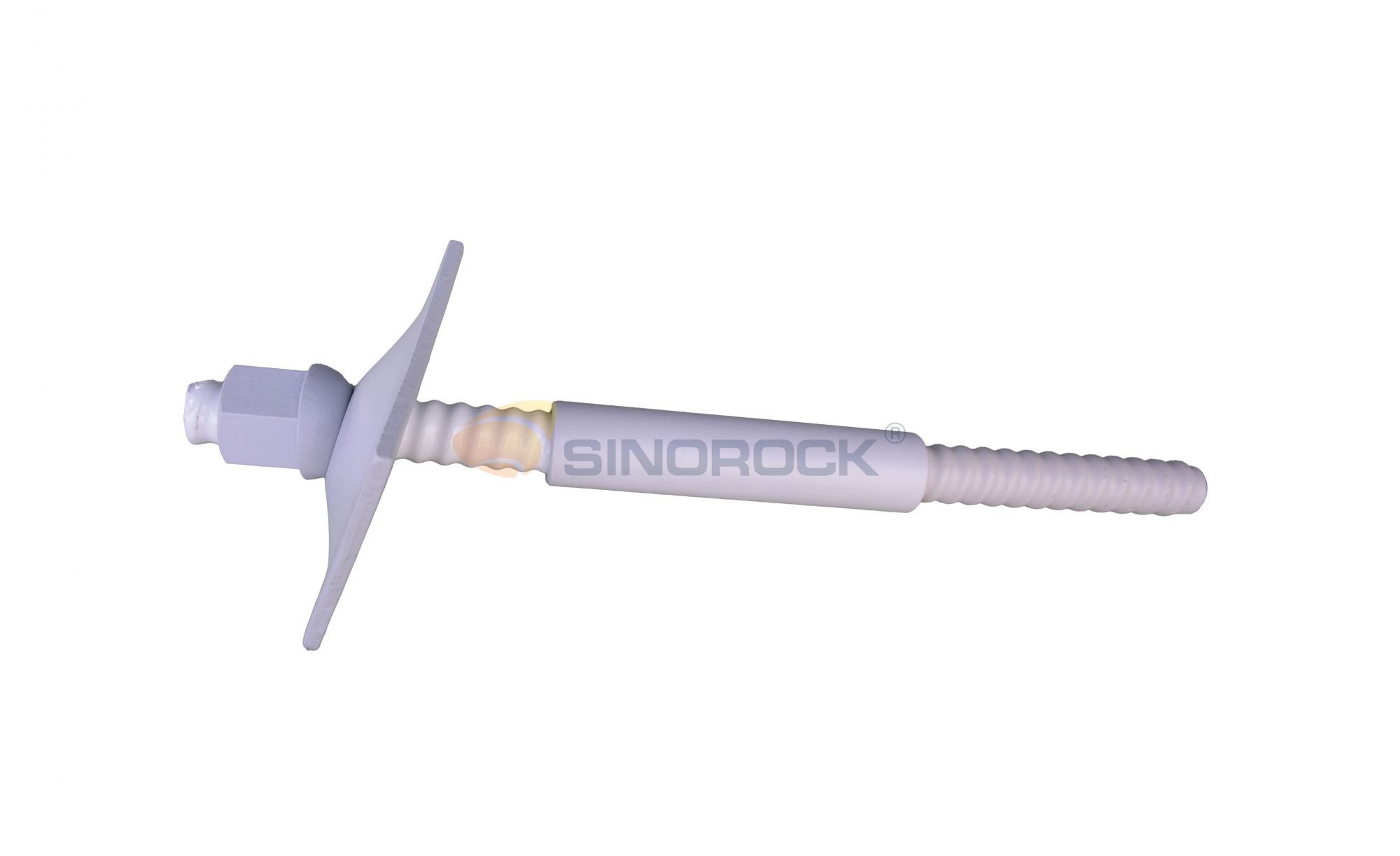
Features and Characteristics of DCP Rock Bolts
DCP rock bolts come fortified with a range of features that make them a formidable choice in foundation reinforcement:
1. High Tensile Strength: DCP rock bolts exhibit superior strength, ensuring stability and support in various geological conditions.
2. Corrosion Resistance: The dual protection mechanisms, whether through high-density polyethylene pipes and cement or hot-dip galvanizing and epoxy coating, fortify DCP rock bolts against corrosion, even in challenging environments.
3. Easy Installation: The design of DCP rock bolts allows for straightforward installation, reducing downtime and increasing construction efficiency.
Applications of DCP Rock Bolts in Various Industries
The versatility of DCP rock bolts extends their utility across diverse industries:
1. Micropiles: Ideal for anchoring retaining walls, supporting nuclear power plants, hydropower plants, and more.
2. Soil Nails: Used in retaining walls, embankment reinforcement, rock fall mesh reinforcement, and deep foundation reinforcement.
3. Ground Anchors: Applied in abutment reinforcement, cable-stayed bridge foundations, and slope stabilization.
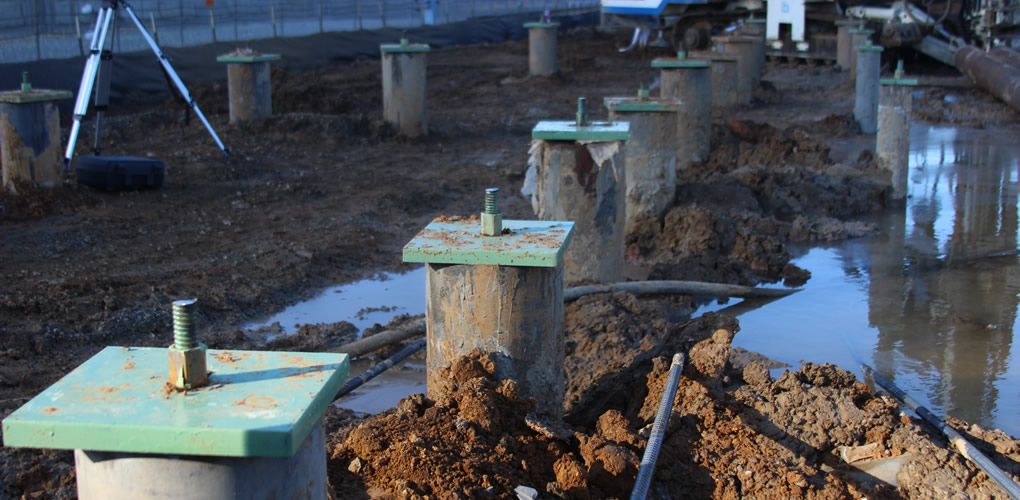
As an ideal solution for geological environments with rich groundwater or stray currents, DCP rock bolts find applications in tunnels, slopes, and hydropower stations. Sinorock, a leading manufacturer of double anti-corrosion rock bolts, offers diverse product lines catering to specific project requirements.
Advantages and Limitations of Using DCP Rock Bolts
Advantages
1. Enhanced Corrosion Resistance: DCP rock bolts provide robust protection against corrosion, ensuring a longer service life.
2. Versatility: The availability of different types of DCP rock bolts allows for versatile applications in various geological scenarios.
3. Efficient Installation: The design and composition of DCP rock bolts facilitate quick and efficient installation, reducing construction timelines.
Limitations
1. Cost: DCP rock bolts, with their dual corrosion protection mechanisms, may incur higher initial costs compared to traditional rock bolts.
2. Specialized Knowledge: Proper installation and maintenance of DCP rock bolts may require specialized knowledge and skills.
Conclusion
DCP rock bolts stand as a beacon of innovation in foundation reinforcement, offering superior corrosion resistance and versatility. While the initial costs and specialized knowledge may pose challenges, the long-term benefits outweigh these considerations. Ongoing research and development in DCP rock bolt technology aim to address limitations, reduce costs, and enhance the ease of installation. As infrastructure demands continue to evolve, the future of DCP rock bolts holds promise for even more advanced and efficient solutions in foundation reinforcement.
As a professional manufacturer of double anti-corrosion rock bolts, Sinorock has a variety of DCP rock bolts product lines, and can provide different solutions according to project requirements. If you want to know more about rock bolts, please contact sinorock@sinorockco.com for product information.
latest news
-
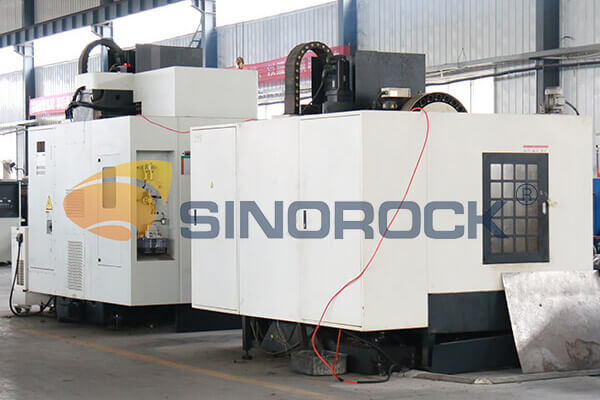
- 3 Crucial Factors That Impact the Quality of Self-Drilling Hollow Bolts
- Time:2025-01-26From:This Site
- As we all know, the quality of the self-drilling hollow bolts is vital to the whole project. It determines if the project is safe for the people in future use. Then, what will affect the quality of the self-drilling hollow bolts?
- View details
-

- Self-Drilling Anchor Bolt Construction in Complex Geological Slope
- Time:2025-01-24From:This Site
- During construction, Self-drilling hollow anchor bolt integrates drilling, grouting and anchoring functions, which significantly improves drilling efficiency. And under the action of pressure pump, the grouting in the rock strata and voids is full, which ensures the grouting thickness and anchoring effect.
- View details
-
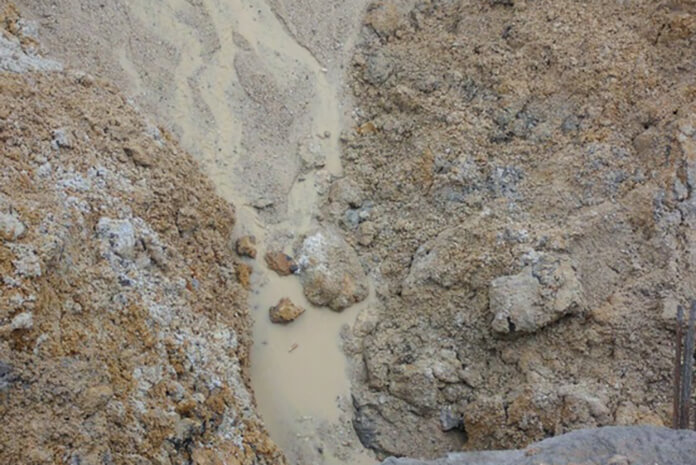
- How Does Self-drilling Rock Bolt Drill in Quicksand Geological Condition?
- Time:2025-01-19From:This Site
- This in-depth guide explores how self-drilling rock bolts function in quicksand geological conditions, covering the challenges, construction methods, and best practices for ensuring effective anchorage in unstable, fluidic soil layers.
- View details
-
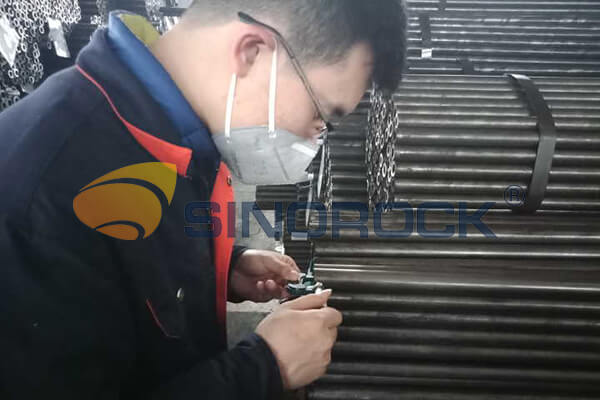
- Quality Control: the Vital Factor of A SDA Bolt Factory
- Time:2025-01-09From:This Site
- Sinorock’s comprehensive quality control system, from supplier management to outgoing inspections, ensuring the highest standards for self-drilling anchor bolts in construction.
- View details
-
.png)
- International Women's Day with Strawberry-picking
- Time:2024-03-09From:This Site
- Marked the annual observance of International Women's Day, and to commemorate this significant event, Sinorock organized a special strawberry-picking event exclusively for its female employees.
- View details
-

- Celebrate the 74th anniversary of the founding of the People's Republic of China
- Time:2023-10-01From:This Site
- On October 1st every year, we observe the annual National Day, commemorating the birth of our beloved motherland.
- View details
-
.jpg)
- SINOROCK to Attend EXPOMINA PERÚ 2024 in Lima, Peru
- Time:2024-08-10From:This Site
- Sinorock to Attend EXPOMINA PERÚ 2024 in Lima, Peru
- View details
-
.jpg)
- SINOROCK to Participate in MINING AND METALS CENTRAL ASIA 2024
- Time:2024-08-08From:This Site
- SINOROCK to Participate in MINING AND METALS CENTRAL ASIA 2024
- View details
-
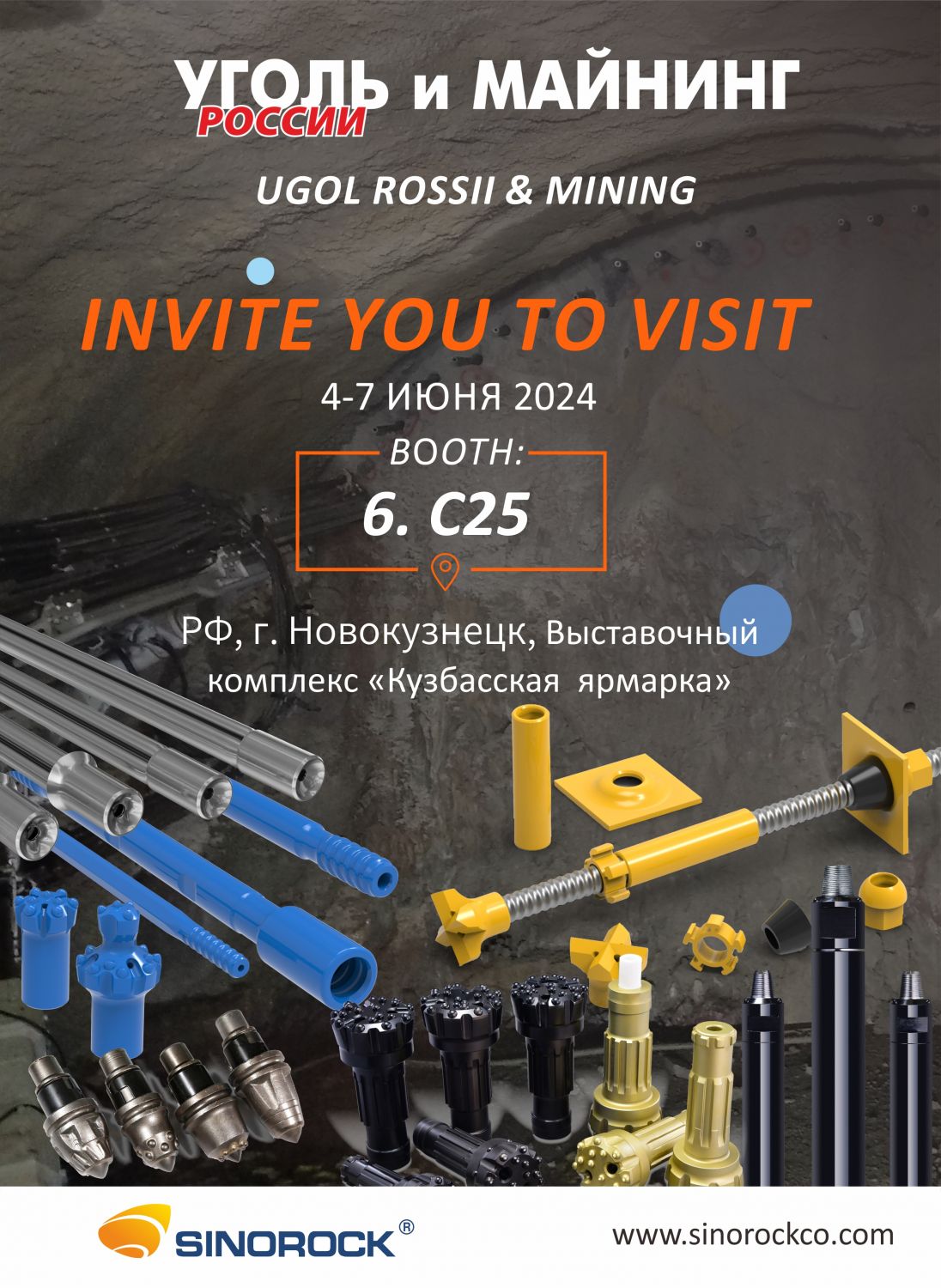
- SINOROCK Gears Up for UGOL ROSSII & MINING 2024 with Custom Mining Solutions
- Time:2024-05-15From:This Site
- SINOROCK is thrilled to announce its participation in the highly anticipated 32nd International Trade Fair for Mining Technology, UGOL ROSSII & MINING 2024. The event will take place at the Exhibition complex "Kuzbass Fair" in Novokuznetsk, Kemerovo region - Kuzbass, Russia, from June 4th to 7th, 2024.
- View details
 Download
Download 


